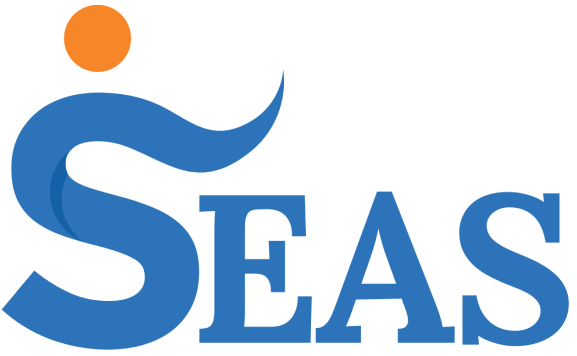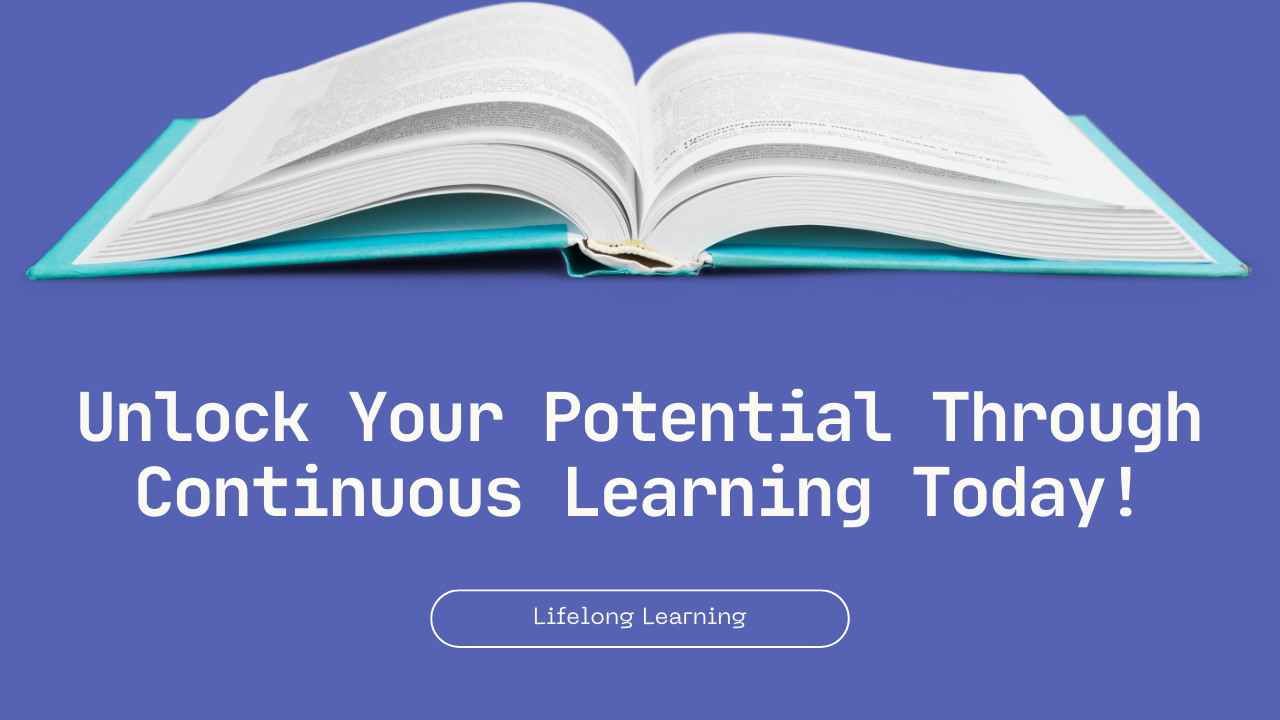In today’s fast-paced job market, the idea of a “job for life” feels like a relic of the past. Workplaces are transforming at lightning speed, driven by technological breakthroughs, economic shifts, and the growing demand for new skill sets. To thrive in this dynamic environment, continuous learning isn’t just a nice-to-have; it’s a must-have.
As Alvin Toffler, futurist and author of Future Shock, once said, “The illiterate of the 21st century will not be those who cannot read and write, but those who cannot learn, unlearn, and relearn.” This statement couldn’t be more relevant today, where the half-life of skills is estimated to be just five years. In simple terms, half of what you know might become outdated within a decade or less.
Industries are being reshaped by automation, artificial intelligence, and digital innovations. While some roles disappear, entirely new ones emerge. The question is: are you ready to adapt?
5 Reasons Why Continuous Learning Matters
Adaptability to Change
Change is the only constant in the workplace. Continuous learning helps you stay ahead, whether by mastering new tools, understanding industry trends, or acquiring deeper expertise. For example, the World Economic Forum predicts that 50% of employees will need reskilling by 2025. By staying adaptable, you ensure that you remain indispensable.
Increased Employability
Employers are always on the lookout for proactive learners. A LinkedIn survey revealed that 94% of employees said they would stay longer at a company if it invested in their learning and development. By showing a commitment to self-improvement, you not only boost your resume but also position yourself as someone ready for the challenges of tomorrow.
Career Advancement
Gaining new skills often opens doors to promotions or new roles. Whether it’s earning a certification, stepping into leadership, or pivoting to a different career path, continuous learning lays the foundation for growth. In fact, employees who actively learn are 21% more likely to get a raise or promotion, according to LinkedIn Learning.
Staying Competitive
In a crowded job market, being a lifelong learner gives you a significant edge. Employers value individuals who bring fresh ideas and innovative solutions. For instance, learning cutting-edge technologies like machine learning or data analytics can make you a frontrunner in your field.
Personal Fulfillment
Beyond professional perks, learning enriches your personal life. It fuels curiosity, sparks creativity, and builds confidence. As neuroscientist Dr. Wendy Suzuki says, “Learning something new improves your brain function and can even make you happier.”
How to Embrace Continuous Learning
Identify Learning Opportunities
Begin by pinpointing the skills you need to grow. Online platforms like Coursera, LinkedIn Learning, and Udemy offer countless courses tailored to various industries. Start with one skill—progress is progress!
Stay Curious
Curiosity is the engine of learning. Follow industry blogs, listen to thought-provoking podcasts, and attend webinars or networking events. Staying informed keeps your ideas fresh.
Set Clear Goals
Define specific learning objectives, whether it’s improving your coding skills, enhancing your public speaking, or mastering digital marketing. Setting goals gives you a roadmap to follow.
Apply What You Learn
Learning by doing is the fastest way to mastery. Volunteer for projects at work, take on side gigs, or join communities where you can practice new skills. Real-world experience makes knowledge stick.
Embrace Feedback
Feedback, both positive and constructive, is a vital part of growth. Seek it from peers, mentors, or industry experts. Remember, learning from mistakes is just as valuable as celebrating wins.
The Bottom Line
Continuous learning is your secret weapon in a world of constant change. It keeps you adaptable, relevant, and competitive while unlocking new opportunities. As Thomas Friedman put it, “The world only cares about—and pays off on—what you can do with what you know.”
So, what’s your next move? Commit to learning, explore new skills, and take charge of your future. You’re not just staying employable—you’re thriving.


